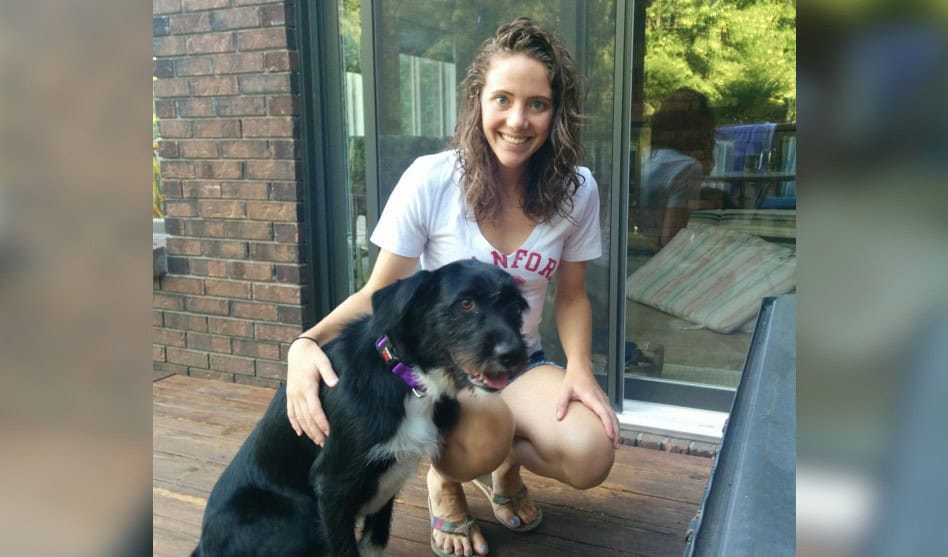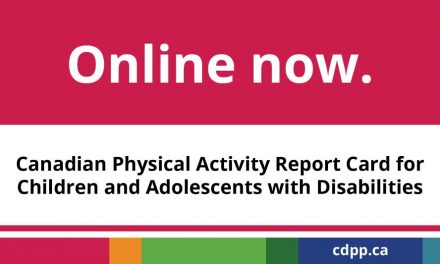ParticipACTION’s Dr. Leigh Vanderloo teamed up with HALOite Dr. Louise de Lannoy and University of Ottawa PhD candidate Kheana Barbeau-Julien to produce an environmental scan of pediatric health indices focused on physical activity, sedentary behavior, and sleep together (i.e., 24-hour movement behaviours) and mental health/wellness outcomes, published in academic and grey literature and/or public health practice.
The impetus for this environmental scan was the recognition that 24-hour movement behaviours are linked to improved mental health, however, most research exploring these associations has looked solely at individual movement behaviours (i.e., either physical activity, sedentary behaviours, or sleep). Publication of the world’s first 24-hour movement behaviour guidelines, for children and youth in 2016, for the early years in 2017, and for adults in 2020 has led to a paradigm shift, and the recognition that ‘the whole day matters’ for population health surveillance, health promotion initiatives, and the development of individualized lifestyle guidance.
One concern with this new approach is that promoting change across all three behaviours as opposed to one at a time may be overwhelming for an individual looking to improve their or their child’s health. A solution may be the use of a composite score or index; combining all three individual behaviours together to create a single summary measure. Increasingly, composite scores are being recognized as useful tools for individual and population health decision-making and as effective individualized goal setting tools. Missing from our understanding is whether a composite score of 24-hour movement behaviours for assessing mental health/wellness outcomes exists.
The team systematically searched the scientific and grey literature for pediatric health indices. Review of the scientific literature resulted in a single tool identified; Dumuid et al., created an interactive app to translate how time reallocations within a 24-hour day are associated with better or worse health measures (i.e., academic performance, body fat percentage, and psychosocial health) among children and youth.
The findings of this scan suggest an important gap in both the academic literature and practice, necessitating the development of a composite indicator of movement behaviours on all health measures in children, including mental health.
Read the full executive summary of the environmental scan here:
PCMH-Exec-Summary-of-Environmental-Scan




